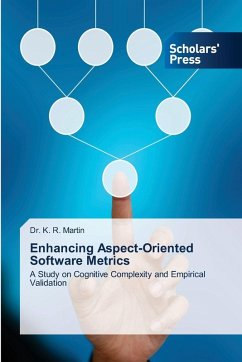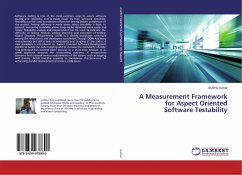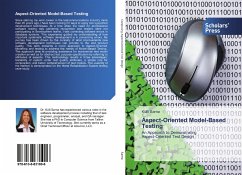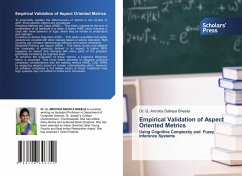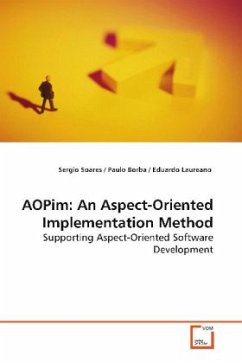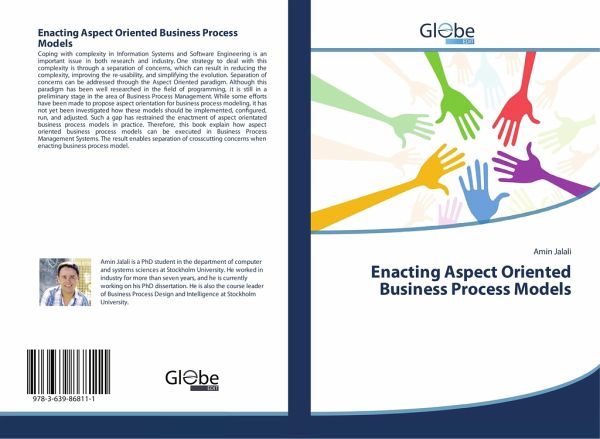
Enacting Aspect Oriented Business Process Models
Versandkostenfrei!
Versandfertig in 6-10 Tagen
24,99 €
inkl. MwSt.

PAYBACK Punkte
12 °P sammeln!
Coping with complexity in Information Systems and Software Engineering is an important issue in both research and industry. One strategy to deal with this complexity is through a separation of concerns, which can result in reducing the complexity, improving the re-usability, and simplifying the evolution. Separation of concerns can be addressed through the Aspect Oriented paradigm. Although this paradigm has been well researched in the field of programming, it is still in a preliminary stage in the area of Business Process Management. While some efforts have been made to propose aspect orienta...
Coping with complexity in Information Systems and Software Engineering is an important issue in both research and industry. One strategy to deal with this complexity is through a separation of concerns, which can result in reducing the complexity, improving the re-usability, and simplifying the evolution. Separation of concerns can be addressed through the Aspect Oriented paradigm. Although this paradigm has been well researched in the field of programming, it is still in a preliminary stage in the area of Business Process Management. While some efforts have been made to propose aspect orientation for business process modeling, it has not yet been investigated how these models should be implemented, configured, run, and adjusted. Such a gap has restrained the enactment of aspect orientated business process models in practice. Therefore, this book explain how aspect oriented business process models can be executed in Business Process Management Systems. The result enables separation of crosscutting concerns when enacting business process model.



